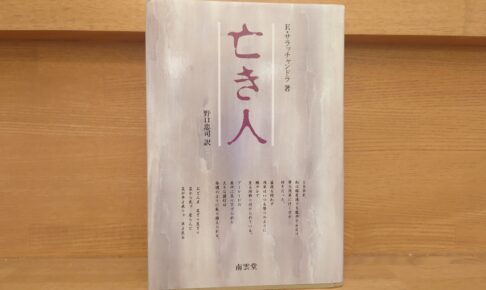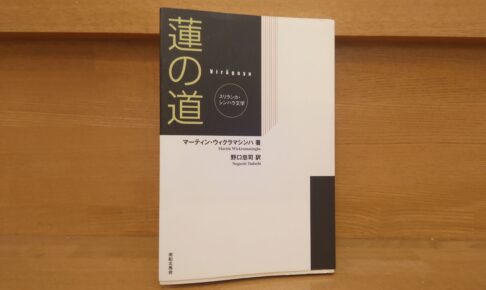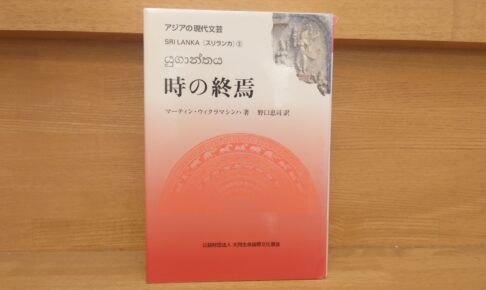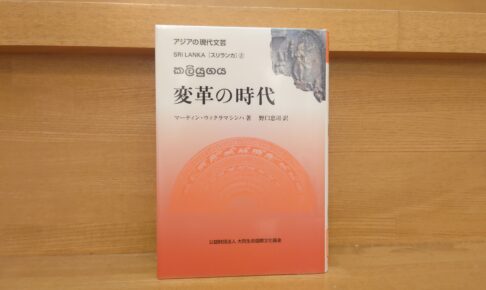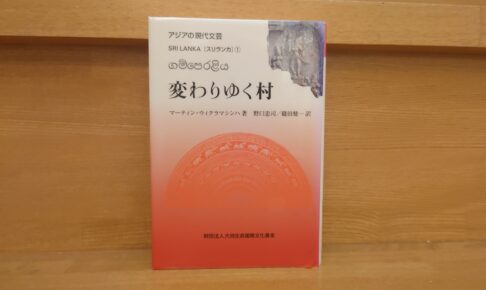E. Saratchandra, "Tomorrow Is Not So Dark" Synopsis and Comments - A novel about Sri Lanka in 1971, the year of the armed uprising by Marxist students.
I cannot help but feel a sense of connection with this novel and its timing. I strongly feel that I had to read this novel before going to Sri Lanka.
This work is also a very important insight into the student conflict in Japan.
As a novel, it is very easy to read and I read through it in one sitting. He is indeed a leading Sri Lankan writer.
It was a great piece that gave me another new perspective on Sri Lanka.
I would highly recommend this work.













